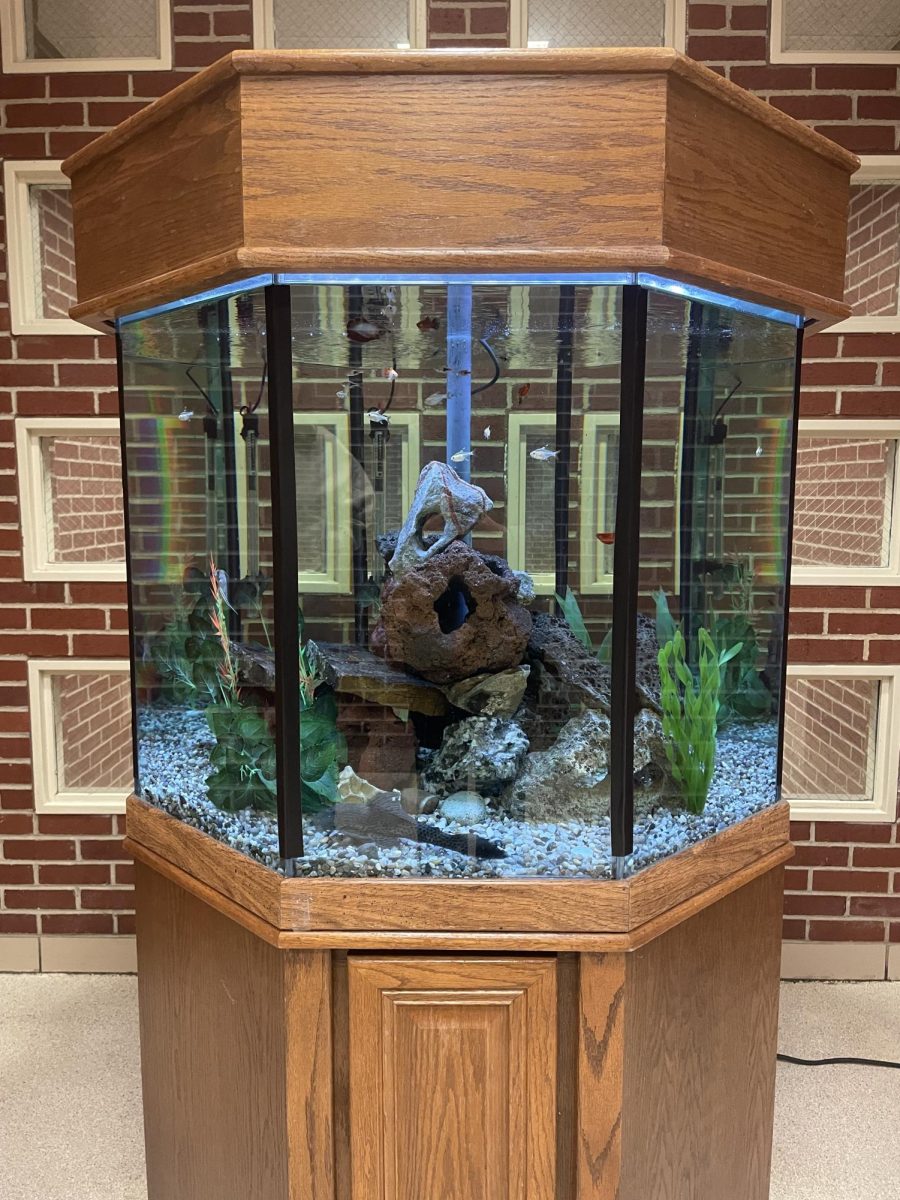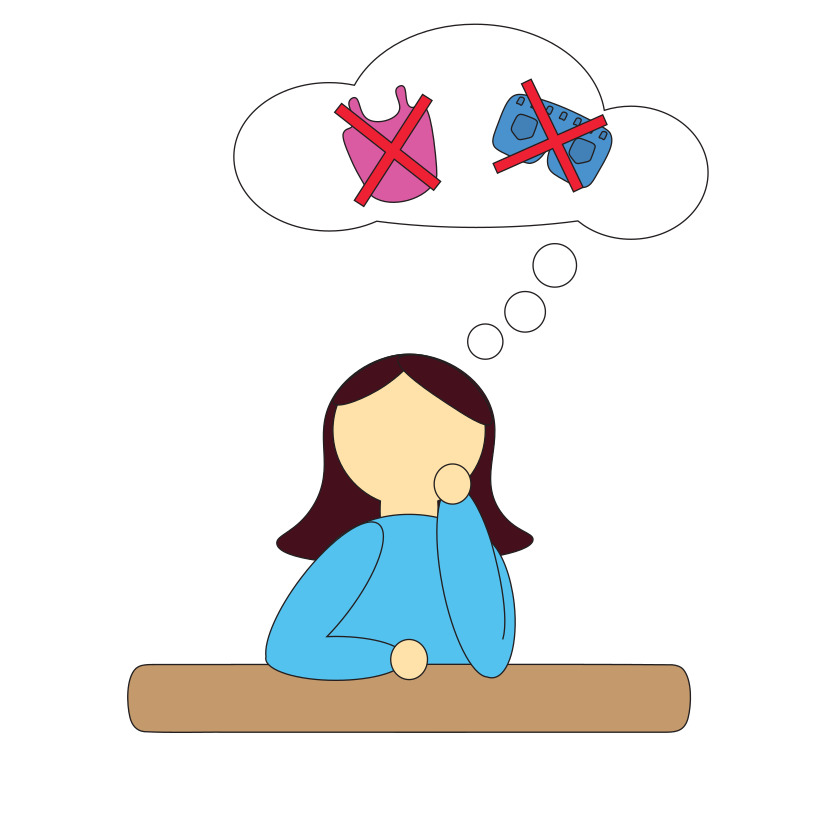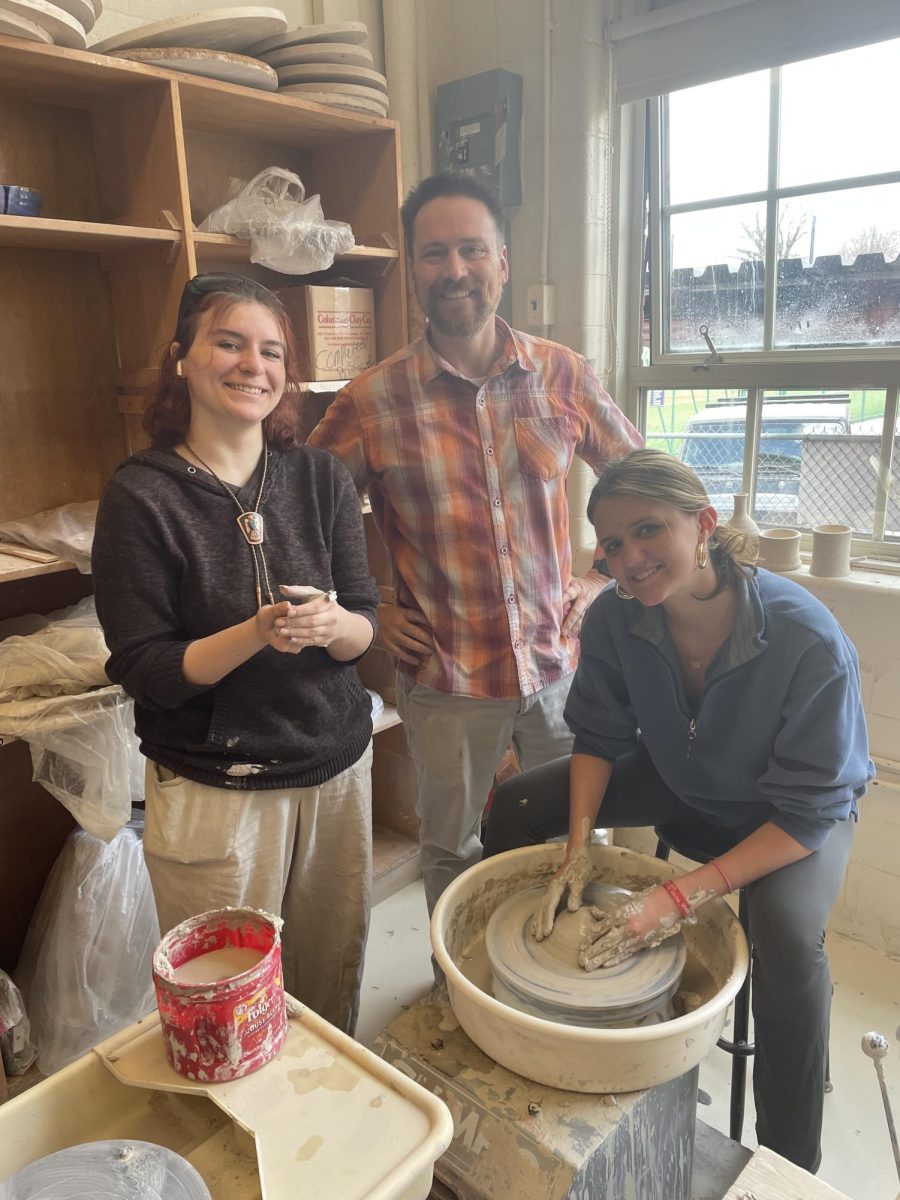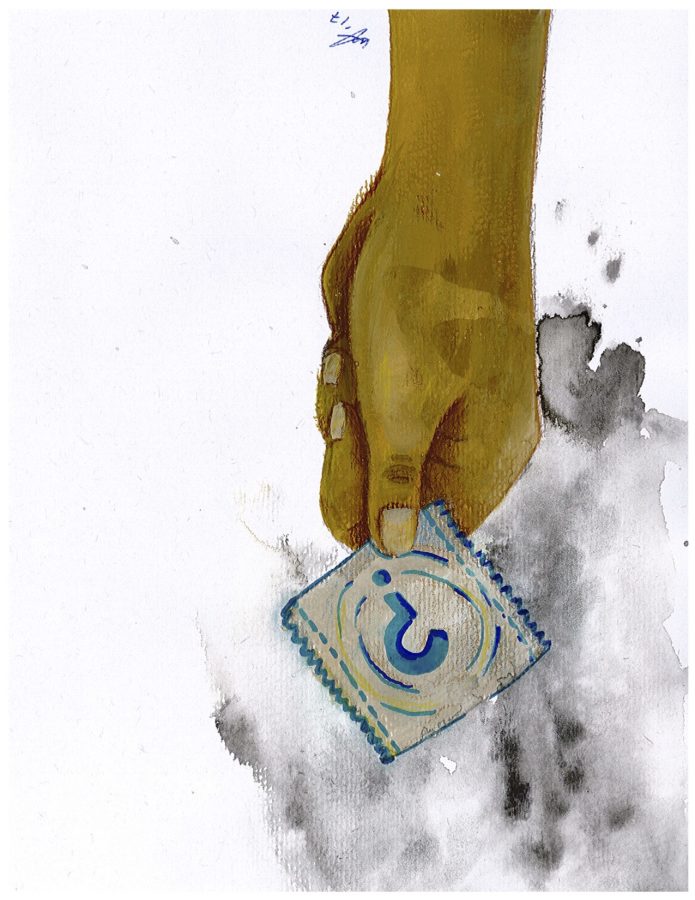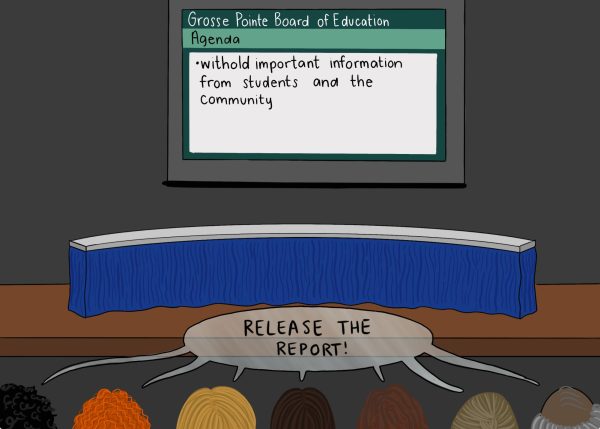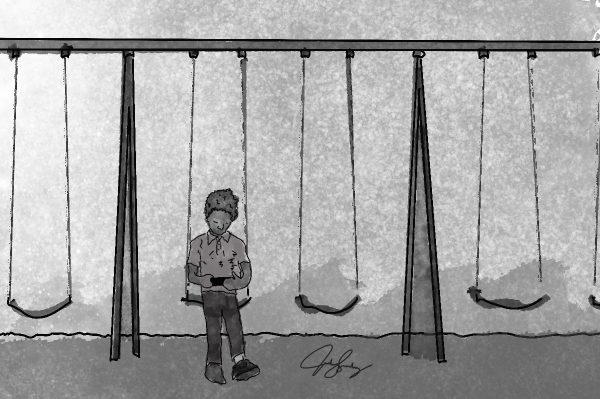We need to have a talk
Given that in today’s society a certain number of high school students engaging in sexual activity seems unavoidable, we believe that students should be properly educated about the decisions they may choose to make, and what measures can be taken to prevent against sexually transmitted infections and unwanted pregnancy. Thus, we believe that an abstinence-only or abstinence-based curriculum seems questionable in its ability to sufficiently inform students about what options they have as far as sex is concerned.
According to section 380.1507b of Michigan’s Revised School Code, the most important things that Michigan schools’ sex education curriculum must cover are “the benefits of abstaining from sex until marriage and the benefits of ceasing sex if a pupil is sexually active,” “the possible emotional, economic, and legal consequences of sex,” “stressing that unplanned pregnancy and sexually transmitted diseases are serious possibilities of sex that are not fully preventable except by abstinence” and “advising pupils of the laws pertaining to their responsibility as parents to children born in and out of wedlock.”
These principles seem more designed to inspire fear than learning. Whether or not a sex education curriculum is based off of the idea of abstinence, the goal of the curriculum is to make sure students stay safe and make responsible decisions. Attempting to scare high school students away from having sex won’t necessarily alter the decisions they make — but focusing solely on this method of teaching limits students’ awareness of options to stay safe. Despite mandating that teachers must warn students about the dangers of sexual activity, including unwanted pregnancy and sexually transmitted infections, the School Code does not require teachers to mention contraception.
Nicole Westfall, South’s Health Education teacher, said that South’s sex education curriculum is not abstinence-only, but is abstinence-based. There are certain limitations on what topics can be covered during classroom discussion, and demonstrations (i.e. passing out condoms or showing students pictures of birth control) are completely off the table.
We’re abstinence-based, but we’re allowed to talk about other things. So we always come back to abstinence, — Westfall said.
“Because we can talk about sexually transmitted diseases, but then we come back to it as like, ‘the only way to make sure you don’t get an STD is through abstinence.’”
According to Planned Parenthood, seven out of 10 girls in the United States have had intercourse prior to turning 19, indicating that teaching students to practice abstinence is not always an effective way to prepare them to make their own choices. We feel that students would be better served by the curriculum to be fully informed of different methods of contraception, should they choose to be sexually active in high school.
“I think that the kids need to know, and especially with statistics out there about how sexually active they are, I think especially talking about condoms is a good thing,” Westfall said.
Nick Bernbeck, a South counselor, said that sex education is a positive thing for students to be exposed to and to think about.
I don’t think that teaching a curriculum that focuses solely on one thing is ever the best thing to do in that there are multiple approaches to something, and the point of education is to foster the student to make their own decision by giving them as much information as possible, — Bernbeck said.
“Whereas abstinence is proven, probably, to be the most effective, that’s just not always going to be the case.”
Even self-driven online research is more sufficient than being ignorant of different types of contraception. Given that students have the option of opting out of health with an additional academic class, Bernbeck said that as long as online research comes from a credible source, it’s definitely worth it to find information online.
I don’t think that more information ever hurts, and informing people of all the options that they have, keeping in mind that safety and health is the biggest concern that I have for every single student who goes here,
— Bernbeck said.
If there is a reasonable expectation that students will have sex in spite of an abstinence-based curriculum, we believe that the curriculum should be open to expansion. If students make the decision to engage in sexual activity, we encourage them to seek out information, either from school or on their own, explore contraceptive options, and protect themselves from unintended consequences.
As a staff, we put together this special issue to encourage open, healthy discussions about sex and any relevant topics pertaining to it. It’s better for students to be fully aware of the decisions they may choose to make than to sweep it under the rug and have to face a worse situation farther down the road. Honest conversations about sex, in or out of the classroom, are a critically important part of a student’s high school years, and we hope that in the future, students can continue to have these conversations about a broader range of topics.












